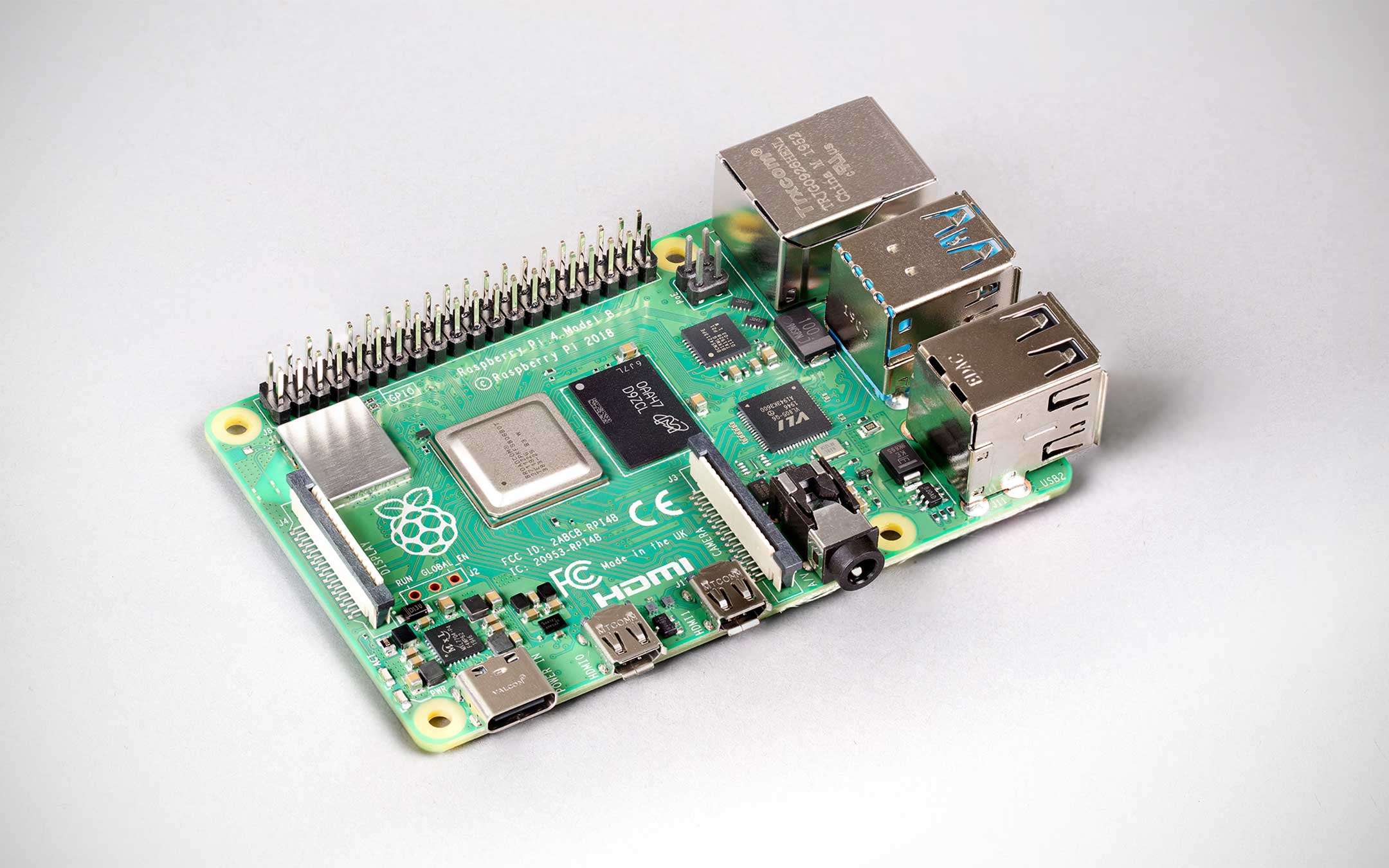Folding @ home and Rosetta @ home on ARM processors

Distributed calculation: ARM for Folding @ home and Rosetta @ home
The news comes directly from Lloyd Watts, CEO and founder of Neocortix, already working on the Folding @ home initiative with this aim. All supported projects, including those that aim to find an effective cure or vaccine to eradicate the scourge of the coronavirus, may benefit. These are his words.Realizing Folding @ home and Rosetta @ home for ARM-based devices makes billions of high-performance mobile devices compatible with the search for a vaccine for COVID-19.
The announcement was also received by ARM. Below is the comment by Paul Williamson, Vice President and General Manager of the Client Line of Business team, who underlines the importance of the approach to computation distributed in contexts such as the current one.
As we head towards a world with trillions of connected devices, developers committed to innovation are helping to face some of the most complex challenges in the world through endpoints, edges and the cloud. Thanks to the collaboration between ARM and Neocortix, technology based on our architecture can contribute to sharing the computational load necessary for research on COVID-19. It's amazing to see the global ecosystem of ARM-related developers come together to support this effort.
The initiative Folding@home in the past few months has received, among others, the support of the CERN .
Source: Engadget